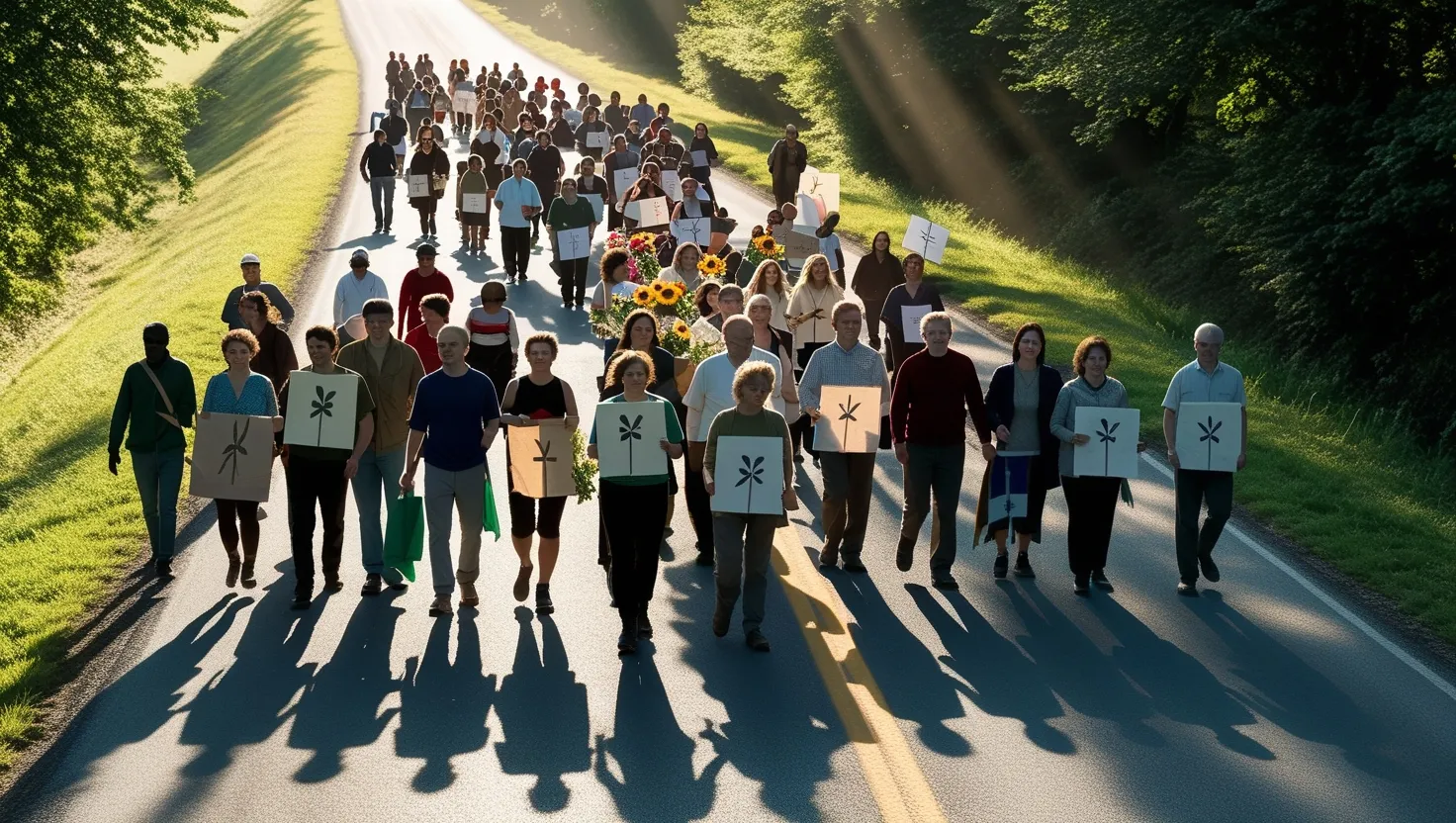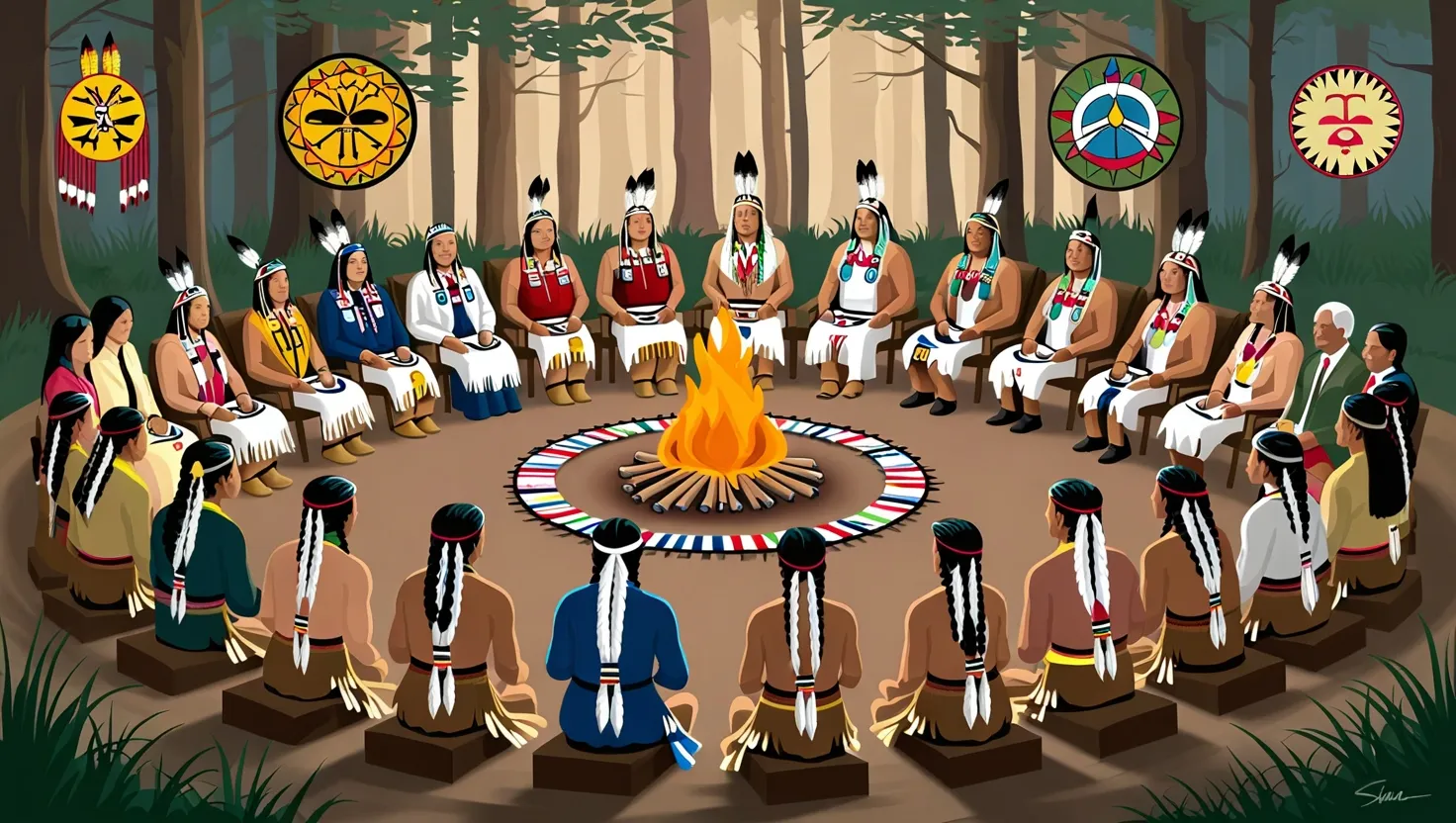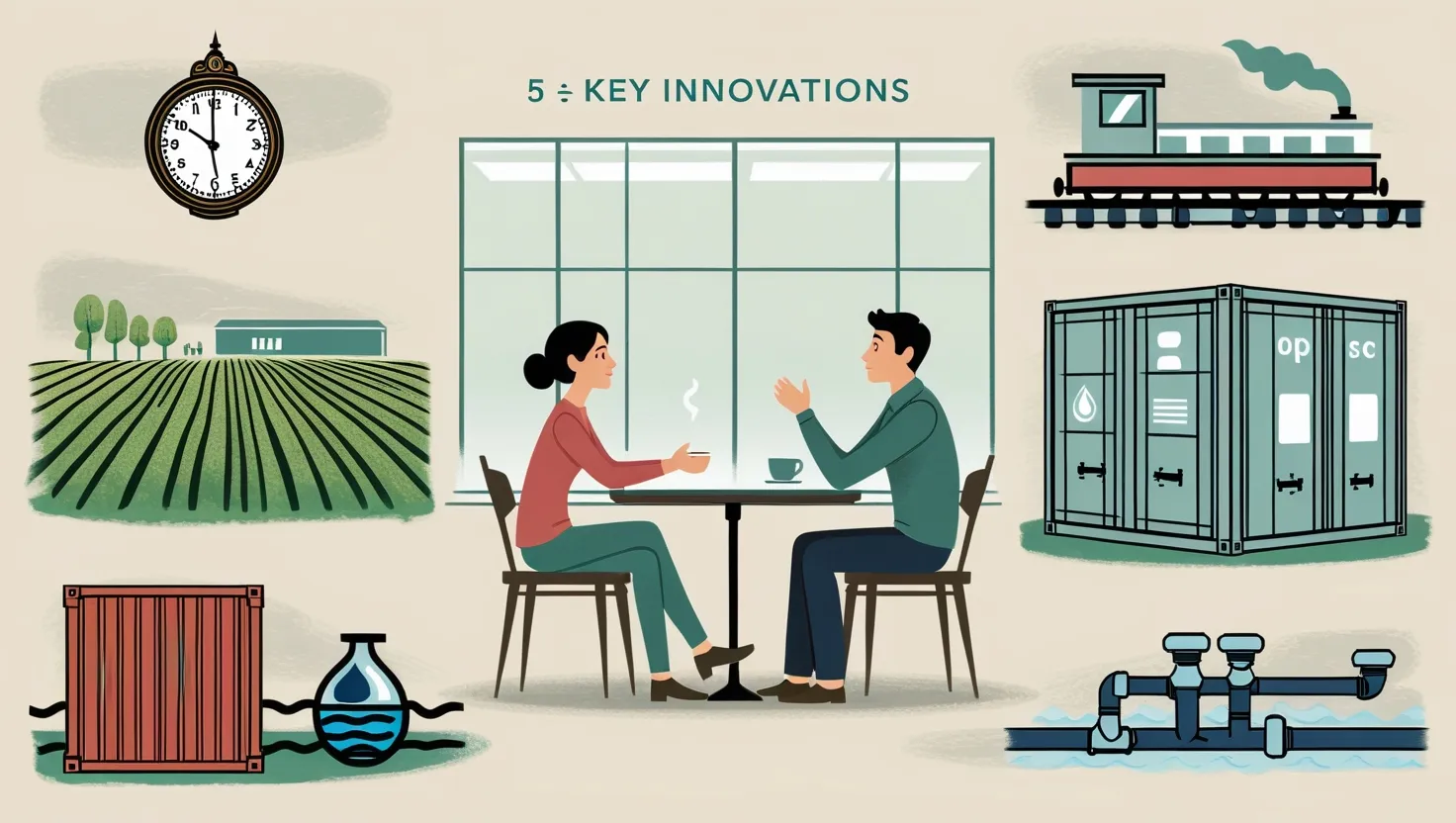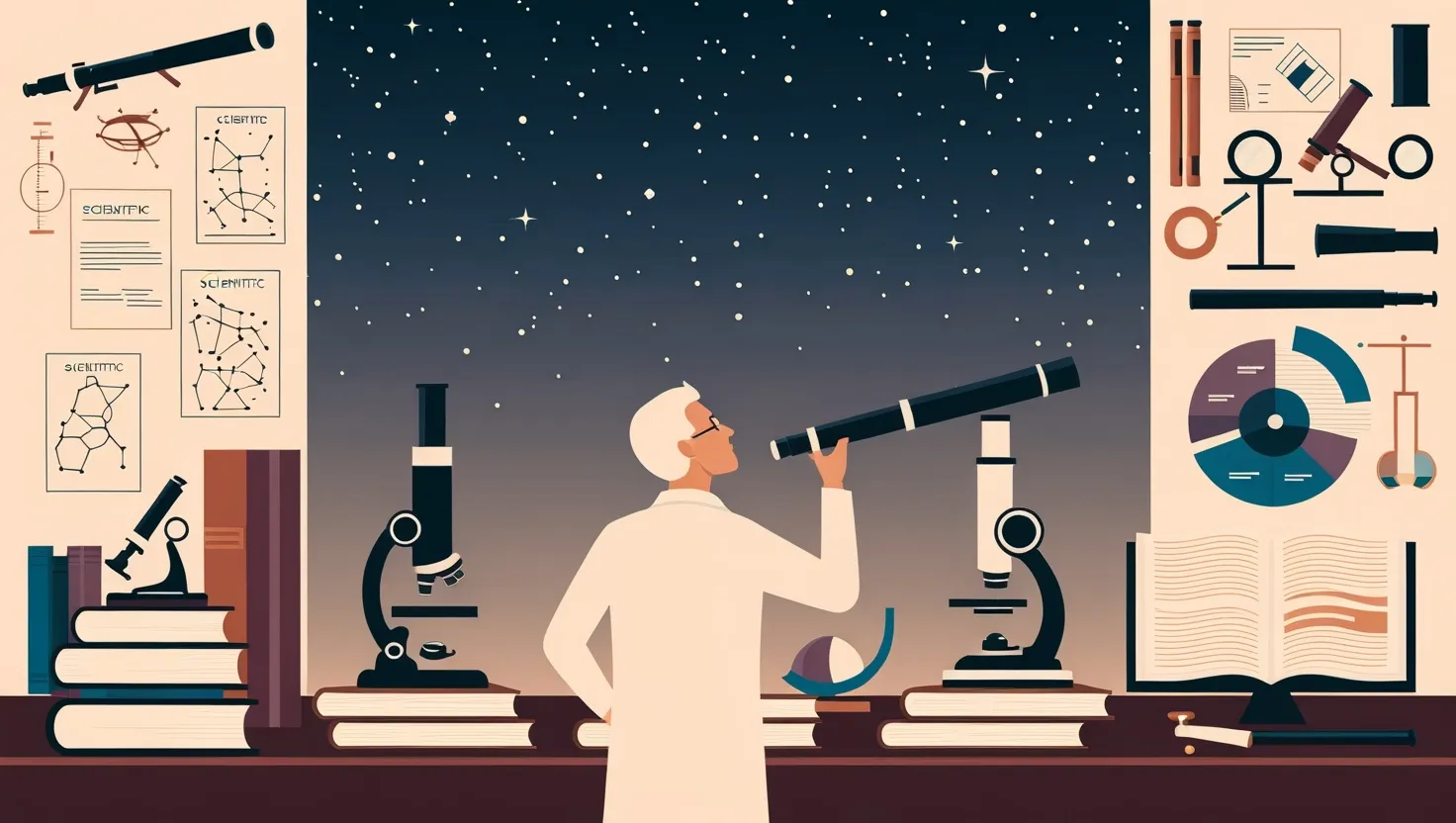5 Scientific Breakthroughs That Completely Rewrote Our Understanding of Reality
Explore 5 groundbreaking scientific discoveries that reshaped humanity: Copernicus's heliocentrism, Newton's laws, Darwin's evolution, germ theory & quantum mechanics. Learn the untold stories, controversies & lasting impact. Discover how revolutionary ideas changed our world forever.

5 French Revolution Moments That Shaped Modern Politics: From Women's March to Mass Mobilization
Discover 5 pivotal French Revolution moments that shaped modern politics - from women's marches to the guillotine. Learn how these historical experiments still influence today's world.

How Hammurabi's Ancient Code of 282 Laws Still Shapes Modern Justice Systems Today
Discover how Hammurabi's Code from ancient Babylon established foundational principles of modern justice systems. Explore 282 laws that introduced proportional punishment, evidence-based trials, and transparent legal processes 4,000 years ago.

Why Economic Theories Fail When They Meet Reality: Lessons from History's Greatest Economic Disasters
Discover why major economic theories from mercantilism to trickle-down economics fail in practice. Learn how real-world complexities challenge theoretical models and what this means for your financial decisions.

5 Legendary Spies Who Changed History: From Mata Hari to CIA Betrayals
Discover 5 legendary spies who changed history - from Mata Hari's seduction to Virginia Hall's resistance. Learn how espionage shapes world events. Read their stories now.

How Hidden Failures Became History's Greatest Inventions and Changed Our World Forever
Discover how famous inventions like Post-it Notes, penicillin, and microwaves emerged from failed experiments and happy accidents. Learn why embracing failure drives true innovation and shapes modern society in unexpected ways.

5 Historical Moments That Nearly Changed Everything: How Close Calls Shaped Our World
Discover 5 pivotal moments that almost changed history forever. From nuclear near-misses to lost libraries, explore how single decisions shaped our world. Learn what history's close calls teach us today.

5 Historical Propaganda Campaigns That Still Shape How We Think Today
Discover how 5 legendary propaganda campaigns shaped modern influence tactics, from WWII to today's digital age. Learn to recognize hidden persuasion in politics and media.

How Historical Revolutions Rewrote the Rules of Protest and Changed the World
Discover how history's most innovative protest movements - from Gandhi's Salt March to Arab Spring - transformed tactics to create lasting change. Explore revolutionary strategies that still inspire activism today.

How Indigenous Haudenosaunee Democracy Shaped Modern Government Centuries Before European Enlightenment
Discover how the Haudenosaunee Confederacy's ancient democratic principles influenced modern governance centuries before European democracy. Learn about consensus-based decisions, matrilineal leadership, and sustainable governance. Explore forgotten history.

How Renaissance Innovations in Art, Science, and Technology Continue Shaping Modern Life Today
Discover how 5 hidden Renaissance innovations—linear perspective, oil painting, printing press, patronage networks, and anatomy—still shape modern technology, science, and communication systems today.

5 Hidden Revolutions That Quietly Transformed Your Daily Life Without You Noticing
Discover how 5 quiet revolutions - time zones, fertilizer, plastics, shipping containers, and sewers - transformed modern life. Learn their hidden costs and lasting impact. Read now!

How 5 Historic Leaders Made Nation-Defining Decisions During World's Greatest Crises
Discover how Lincoln, Churchill, Kennedy, Mandela, and Cyrus the Great led nations through defining crises. Learn timeless leadership lessons from history's most challenging moments.
